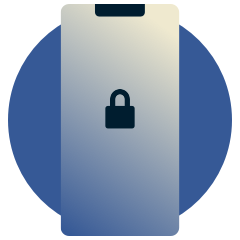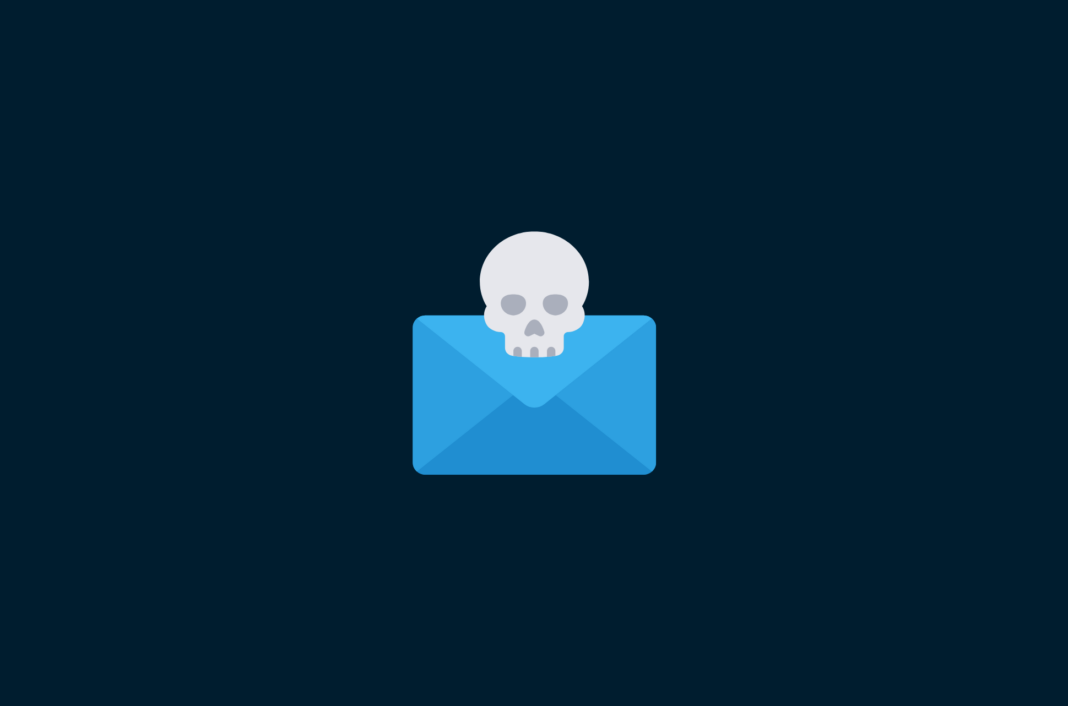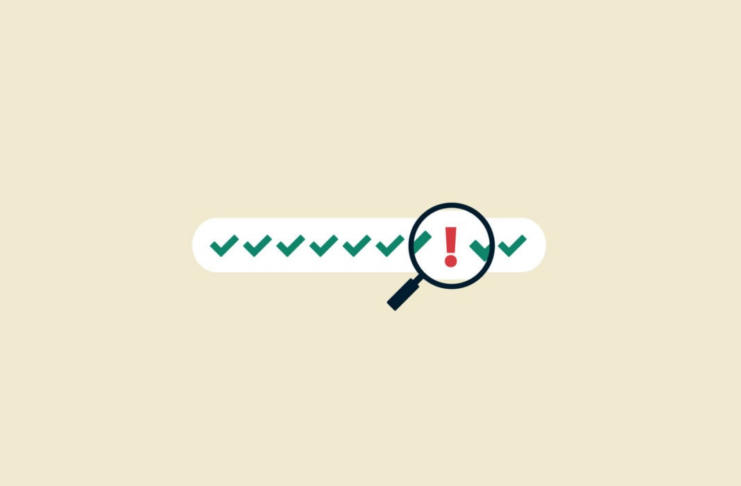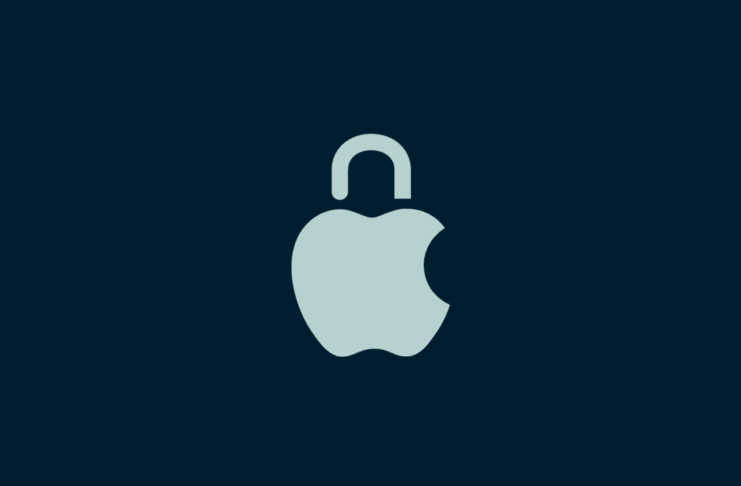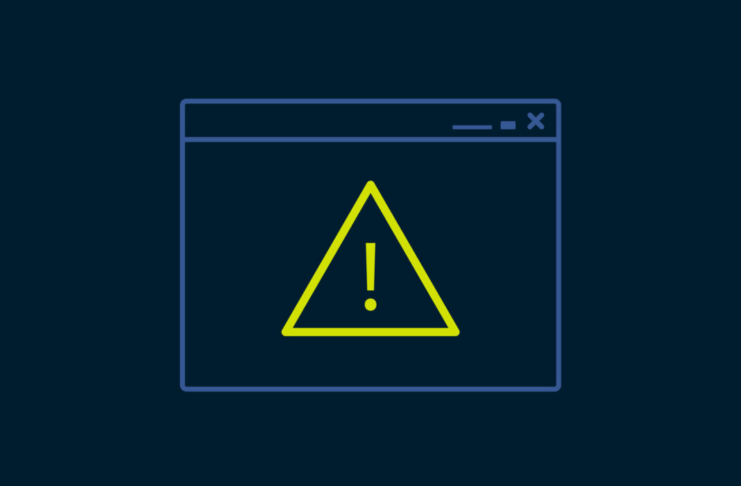Your old email account might be collecting digital dust—or it might be a hub for cyber hacker activity. Unused emails often hold a real treasure trove of sensitive information: personal details, passwords, and access to other services to name a few. If a hacker gets in, they can use it to steal your identity, splurge using your credit card, or lock you out of important accounts.
Tools like ExpressVPN’s ID Alerts can make monitoring for breaches simpler, but there are also steps you can take to check for warning signs on your own. Read on to find out how to detect a data leak and what you can do to protect yourself.
Why old email accounts are a hacker’s favorite target
Decades ago, password security was not as widely understood, and many people used what would be considered a weak password today for their email accounts. So that’s one reason old email accounts tend to be more vulnerable.
An old email account is also more likely to have been impacted by a data breach, especially if at some point, the email provider did not use modern methods to safeguard credentials. These email credentials might end up for sale on the dark web.
Once accessed, old email accounts can reveal a surprising amount of information, from personal details like your name, address, and phone number to financial records and old invoices.
If a hacker has access to your email, they will also be able to reset passwords for associated accounts like social media profiles, shopping accounts, or banking details.
They might also comb through past emails searching for extra personal data and use it to impersonate you to scam your family or friends.
Read more: So your information is on the dark web. What now?
What is a data leak?
Someone accessing your old email account likely got the login credentials through a data leak, of which the information was sold via the dark web. So what does a data leak look like?
A data leak exposes sensitive information, like your email address, passwords, or even financial details, to unauthorized parties. This happens when a company or service fails to secure your data properly, leaving it vulnerable to cybercriminals, scammers, or even curious web crawlers.
The repercussions of a data leak can range from minor inconveniences to more serious disruptions. Hackers could use your stolen credentials for identity theft or fraud, make unauthorized transactions, and leave you vulnerable to scams and other data misuse. Although the risks can feel unsettling, understanding data leaks is the first step toward protecting yourself.
How do data leaks happen?
Data leaks often occur because of vulnerabilities in outdated or poorly secured accounts. Cybercriminals actively exploit these weak points through a variety of methods, including:
- Phishing scams: Hackers send fake emails or messages designed to trick you into sharing sensitive information, like login credentials or personal details.
- Credential stuffing: Cybercriminals often use stolen email and passwords exposed in previous breaches to try accessing other accounts, hoping you reuse your credentials.
- Weak or reused passwords: Simpler or repeated passwords are easier to crack, especially as many hackers rely on automated tools or known password patterns.
- Security exploits: Systems or platforms that lack regular updates are more susceptible to attacks, as hackers exploit these vulnerabilities to access private data.
- Data breaches at service providers: Even when you follow best practices, a breach at a company or service hosting your data can expose sensitive information to cybercriminals.
Signs my data has been leaked
The earlier you detect a data leak, the better your chances of minimizing the damage.
ExpressVPN’s ID Alerts service, which is free for ExpressVPN subscribers in the U.S., monitors the internet for activity surrounding your personal information. This includes your details appearing on the dark web, your Social Security number being used for loans, and change of address for mail redirection.
Because ID Alerts notifies you of such activity, you can take action quickly to protect yourself.
Other ways to check if your data has been compromised include:
- Unusual account activity: Things like unexpected login alerts, password reset emails, or unauthorized messages sent from your account are just a few red flags.
- Strange emails: Phishing messages, password reset requests, or login attempts you didn’t make could indicate your data is circulating among cybercriminals.
- Sudden account lockouts: Being unable to log in to your usual accounts may mean someone may have already changed your password to keep you out.
- New credit charges and bank transactions: Suspicious activity may start small as hackers test stolen financial details with minor purchases before making larger withdrawals.
- Google searches: A quick Google search can help you see if your data is floating on shady websites where hackers share stolen information.
What to do if your email has been hacked?
If your email has been accessed, but you are still able to login using your username and password, you should take measures to protect it by changing the password and enhancing the authentication needed. If it is an old email that you don’t need any more, consider deleting the email account entirely, once you’re sure that there hasn’t been any impact from the unauthorized access.
If you are no longer able to access your account but know it’s been compromised, use your email provider’s recovery service to try to regain access. It is entirely possible that you’ll ever be able to access your email again.
1. Change passwords immediately
You should do it for your email account and any services linked to it. Use strong, unique passwords with uppercase and lowercase letters, numbers, and special characters. Better yet, get a password manager to generate secure combinations for you and store them away from prying eyes.
2. Enable two-factor authentication (2FA)
Two-factor authentication requires a second form of verification, like a code sent to your phone or generated by an authentication app. This adds an extra layer of security because no one would use your account without validating access first—even if they steal your password.
3. Update security questions or recovery
Similarly to 2FA, security questions and recovery ensure people can’t just waltz into your email account using your password. When you update them, avoid easily guessed answers to questions like “What is your mother’s maiden name?”. Instead, treat these questions like passwords and make them random or unique.
4. Check for unusual activity
Review your account activity logs for any unauthorized access or suspicious logins. Look for unusual locations, devices, or timestamps that don’t match how you normally use your email or other profiles.
5. Reach out to your bank and credit companies
If financial data might be at risk, flag your accounts with your bank and credit card providers. Once they know, they can monitor for suspicious activity or place temporary holds to prevent hackers from making any transactions.
6. Inform your contacts
If a hacker gains access to your email, they might impersonate you to scam your family, friends, or coworkers. Send a quick message to people you know and let them know your email has been compromised and to ignore suspicious correspondence from you.
7. Safeguard your information for the long-term
Identifying a data leak is just the beginning—protecting your information over the long term requires proactive measures. Start by reviewing which accounts or services are linked to the exposed data and evaluate their permissions. Revoke access for any third-party apps or devices you no longer use or recognize, reducing potential entry points.
You should also stay informed about evolving threats. Educate yourself on phishing scams and other tactics cybercriminals use to exploit leaked data. By staying vigilant and proactive, you can minimize the risks and better protect your information in the future.
8. Report the leak
Inform the platform or email service provider about the breach. Many companies have dedicated support teams to help with compromised accounts. If you also experience a financial loss or identity theft, you should file a report with local authorities or a cybercrime unit.
How to prevent data leaks
Preventing data leaks is all about staying proactive. Small changes in managing your accounts and personal information can make a big difference. That’s why you should always:
- Use passwords designed to outsmart hackers: Instead of relying on random characters alone, think of passwords as “passphrases” made of unrelated words (e.g., “CactusHawk77!Lemon”). This makes them both strong and easier to remember.
- Enable 2FA: Many users rely on SMS-based 2FA, but app-based authenticators, such as Authy or Google Authenticator, or hardware tokens like YubiKey seriously enhance your security. That’s because they are harder to intercept and offer a stronger shield against unauthorized access.
- Regularly update account information: Ensure your recovery email, phone number, and security questions are up-to-date and secure. This helps you quickly regain access if needed.
- Clean and delete unused accounts: Old, forgotten accounts can be a weak point, so removing them can reduce your attack surface.
- Monitor for data breaches: Use tools like breach alert services to stay informed if your information is exposed. Acting quickly can limit the damage.
- Avoid public Wi-Fi for sensitive tasks: Public networks are easy targets for hackers. If you must use them, connect through ExpressVPN to encrypt your data and hide it from pesky onlookers.
- Be cautious with emails: Avoid clicking on links or downloading attachments from unknown senders to stay away from phishing attempts. When in doubt, verify the sender directly.
- Make a habit of backing up your data: Regularly save copies of important files to a secure location, like an encrypted cloud service or an external drive. If a breach or loss occurs, you’ll have a backup ready.
Stay ahead with ExpressVPN ID Alerts
ExpressVPN ID Alerts scans the Dark Web for your email address, notifying you immediately if your information was involved in a data leak. With real-time alerts, you can act fast to secure your accounts and protect your online identity. Currently available to ExpressVPN users in the U.S.
FAQ: About data leaks
What happens when my email is hacked?
If your email is hacked, cybercriminals can use it to reset passwords for linked accounts, access sensitive information, or impersonate you to scam your loved ones. They might also steal personal details, like financial information or addresses, for identity theft or sell your data on the Dark Web.
It’s important to act quickly by changing your password, enabling two-factor authentication, and checking for unusual activity to minimize the damage.
Can I check if my email was hacked?
Yes! You can check for common signs of a breach, like suspicious emails in your inbox, unauthorized sent messages, and any changes in your profile settings.
However, manual checks can be time-consuming. ExpressVPN ID Defender simplifies this with its ID Alerts feature, actively monitoring online platforms for your data. If it detects suspicious activity—like a loan application using your Social Security number—it sends an alert so you can act fast. It’s a smarter, faster way to stay ahead of potential threats and protect your identity.
Should I delete a hacked email account?
Deleting a hacked email account might seem like the easiest solution, but it’s not always the best first step—especially if the email is linked to other services. Deleting it could make it much harder to recover access to those accounts.
Instead, focus on securing the account first. Change the password to something strong and unique, enable two-factor authentication, and check for unauthorized activity. Once you’re sure your data is safe, you can decide whether to delete the email or keep it safe for future use.
How can I check if my password has leaked?
One of the simplest ways is to use tools like ExpressVPN ID Defender. Its ID Alerts feature actively monitors online platforms and data breach databases for your personal information, including passwords. If it finds your credentials in a leak, you’ll get a notification to take immediate action, like updating your password and securing your accounts.
Will changing my email password stop the hackers?
Changing your email password is a vital first step, but it might not fully stop hackers. They often create backdoor access, like adding forwarding rules or alternate recovery emails, to bypass your new password. To fully secure your account, check for unusual changes in your settings, enable two-factor authentication, and monitor for suspicious activity. These extra steps help ensure hackers can’t regain access and keep your account safe.
How can I recover an old email account I’ve lost access to?
Start with available account recovery tools. These typically involve verifying your identity through security questions, backup email addresses, or phone numbers. If that doesn’t work, reach out to the provider’s support team with details like the account creation date, previous passwords, or any other identifying information.
Remember to immediately secure your recovered account by setting a new strong password and enabling two-factor authentication. This will help you prevent potential future leaks and having to recover the same account twice.
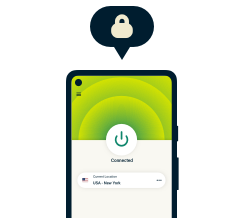
30-day money-back guarantee
